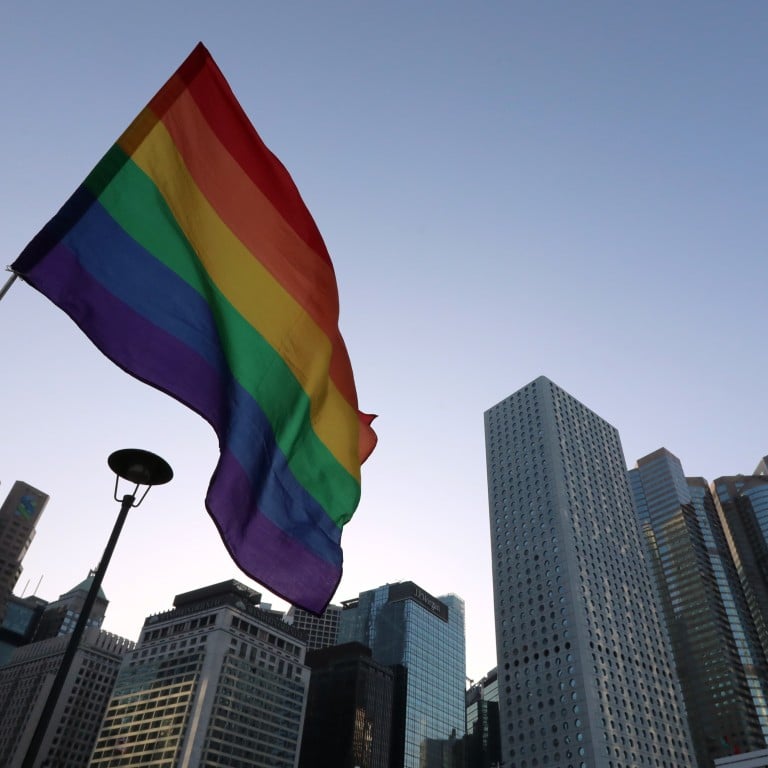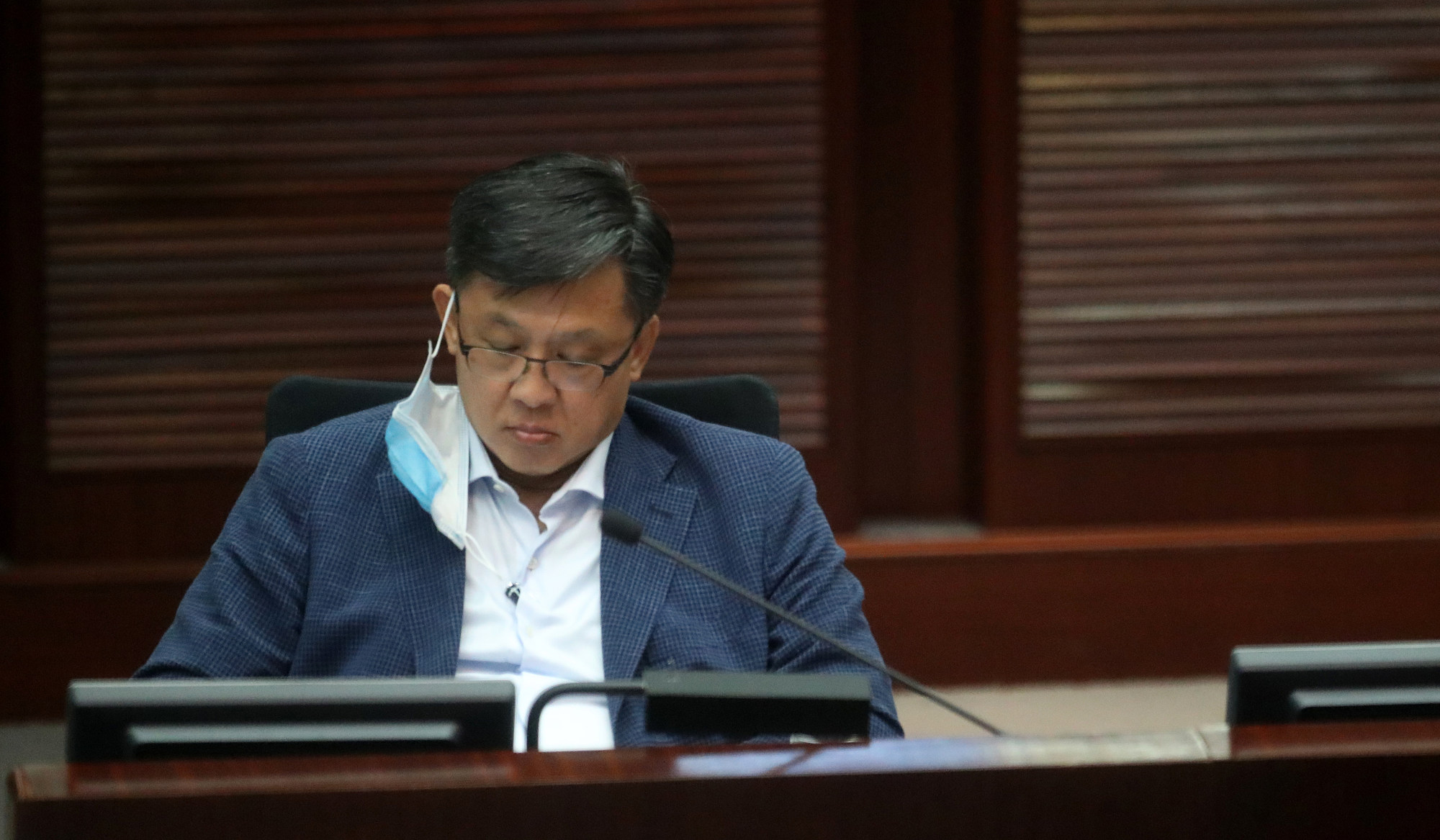
Gay Games is a time for Hong Kong to show the world its tolerant, welcoming side
- Closed-minded attitudes are not in keeping with Hong Kong’s role as a centre for international cultural exchange and a site of cultural experimentation and reform
- Rather than more politicisation, the city needs to go back to what it does best – welcoming the world with open arms
Co-hosting the Games alongside Guadalajara, Mexico, empowers us to position ourselves as an iconic and welcoming gateway for visitors from Latin America, a vital part of our efforts to reach out to countries beyond the conventionally defined West.
The most captivating stories are those that are lived, not just told. While it is important for people abroad to hear about the versatility and dynamism of Hong Kong, it is vital for them to experience these virtues first-hand, too.
The Gay Games will showcase that this global city is a lively melting pot of identities, values and cultural systems. Both the Hong Kong government and private sector are aware of the power of sports as a means of breaking down barriers and challenging misconceptions.
Gay Games: prejudice, hatred in Legco only hurt Beijing’s wish for harmony
In a civilised city such as Hong Kong, disagreements should be backed up by facts, reason and sound justifications, not inflammatory rhetoric rooted in undue over-politicisation.

Hong Kong contributes its own flavours towards China’s national culture. Its pop culture is studded with stars who have long challenged narrow, heteronormative assumptions about gender identities and sexual orientations.
Chinese culture is known for its magnanimity, as described in the saying, “All rivers run into the sea. Be the bigger person in accommodating differences.” As a city steeped in a thousand cultures, it falls on Hong Kong to carry the dual batons of preserving Chinese culture while also seeking to innovate.
Closed minds are neither conducive to Hong Kong’s role as a centre for international cultural exchange nor compatible with our unique DNA as a site of cultural experimentation and progressive reform.
Ultimately, what we needs today is not more politicisation. Rather, we should go back to what we do best – welcoming the world with open arms.
Christopher Tang is a distinguished professor at the UCLA Anderson School of Management
Brian Wong is a DPhil in Politics candidate at Balliol College and teaches politics at the University of Oxford as a Rhodes Scholar (Hong Kong 2020)


.png?itok=bcjjKRme&v=1692256346)